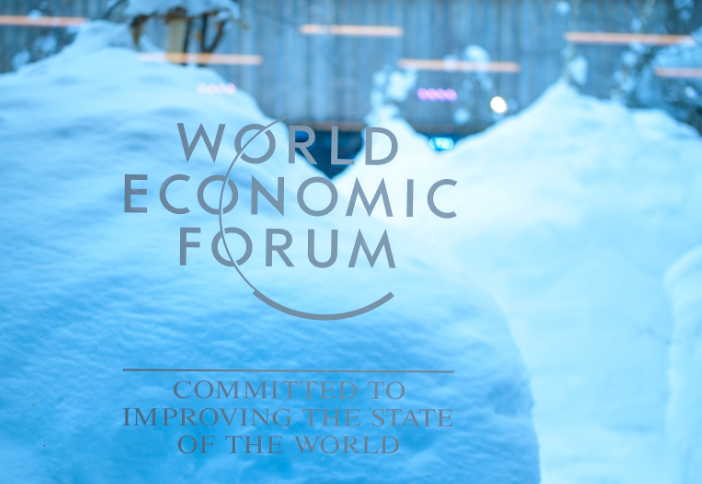On Thursday, the World Economic Forum announced the launch of The Global AI Action Alliance (GAIA), a new multi-stakeholder collaboration platform to accelerate the adoption of inclusive, trusted, and transparent AI.
The alliance includes more than 100 leading companies, international organisations, governments, non-profits, and academics working towards the greater common good.
Fostering Responsible AI Leadership with @KayFButterfield, @ArvindKrishna (@IBM), @vilasdhar (@PJMFnd), @iamwill, @unicefchief #DavosAgenda https://t.co/VGGtcCj5MH
— World Economic Forum (@wef) January 28, 2021
According to the WEF, while there is tremendous research and intention to develop Ethical AI, the implementation gap is growing. The GAIA Members will work together to identify these gaps and implement the most promising tools to serve all sections of society, especially the historically underserved groups.
.@unicefchief: The Global AI Action Alliance “will be a very important vehicle for us to see this world through children’s eyes because they are going to grow up in this world, and it will be important for them” #DavosAgenda @unicef pic.twitter.com/kspfM99RZk
— World Economic Forum (@wef) January 28, 2021
AI could contribute up to $15.7 trillion to the global economy in 2030, more than the current output of China and India combined, a report by the PwC showed.
AI can deliver great benefits to society, but only if it is implemented responsibly, said the Founder and Executive Chairman of WEF, Klaus Schwab at the launch of GAIA. He added GAIA would help shape a positive and human-centred future for AI.
The alliance will act as a project incubator for stakeholders, providing a platform for members to engage in real-time learning, pilot new methods in Ethical AI, scale adoption of best practices, and undertake collective action to ensure everyone shares AI’s benefits.
The initiative will be supported by a grant from Patrick J. McGovern Foundation and will be overseen by a Steering Committee co-chaired by Arvind Krishna, Chairman and CEO of IBM and Vilas Dhar, President of the Patrick J. McGovern Foundation.
Artificial intelligence 'isn't a term about an abstract future, it's a dynamic that's affecting everyone on the planet every day, right now, right here,' says @vilasdhar, President of @PJMFnd.
— World Economic Forum (@wef) January 28, 2021
Watch: https://t.co/K7FD8UMpDJ#DavosAgenda pic.twitter.com/LccoZi9XNV
The alliance’s goal is to use AI ‘to create genuine equality’, said Dhar, while Krishna emphasised on the ‘need to act to ensure that these technologies are used in an ethical way’.
No single organisation can address the full range of challenges presented by AI, nor can any one actor deliver the immense benefits that AI can offer to society. With so many challenges to overcome and so many opportunities to unlock, only robust collaboration can ensure that we maximise the benefits of AI and distribute them equitably across society, said the WEF.











































































